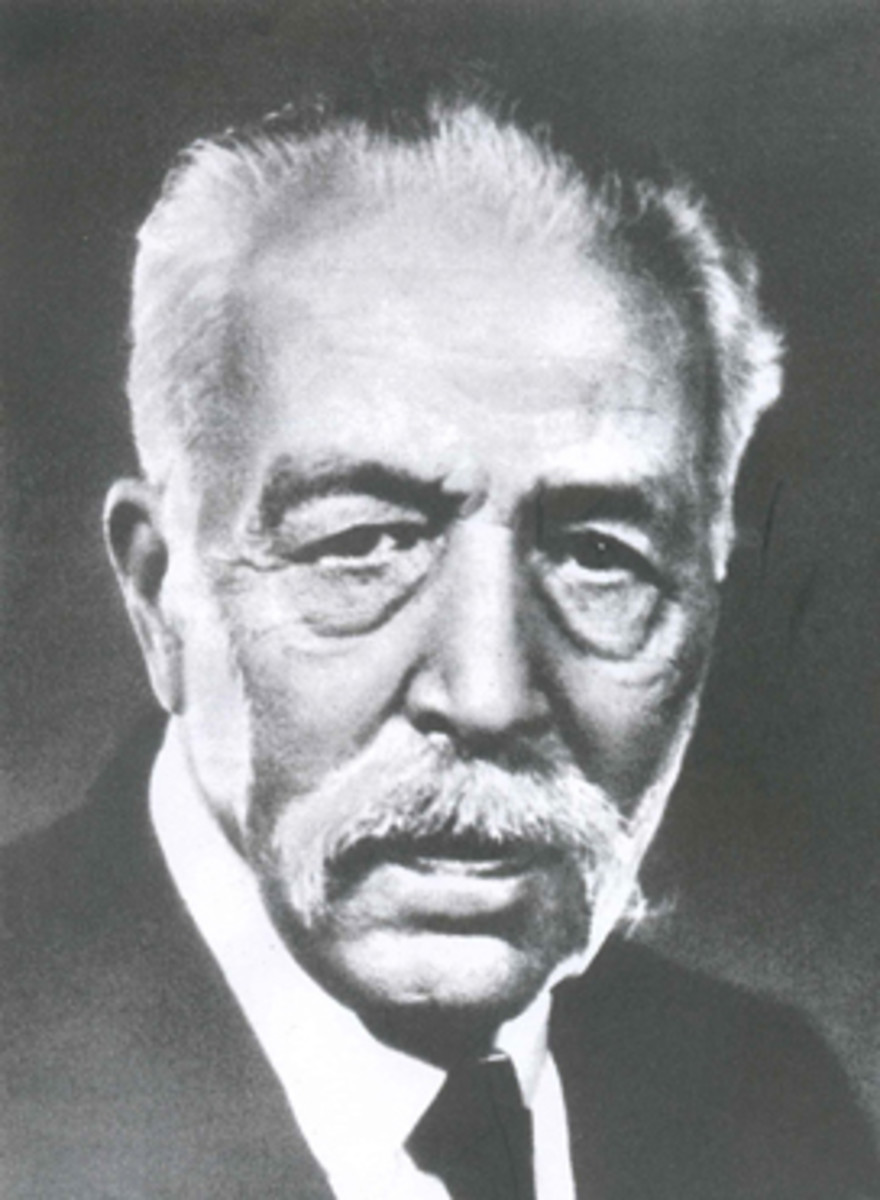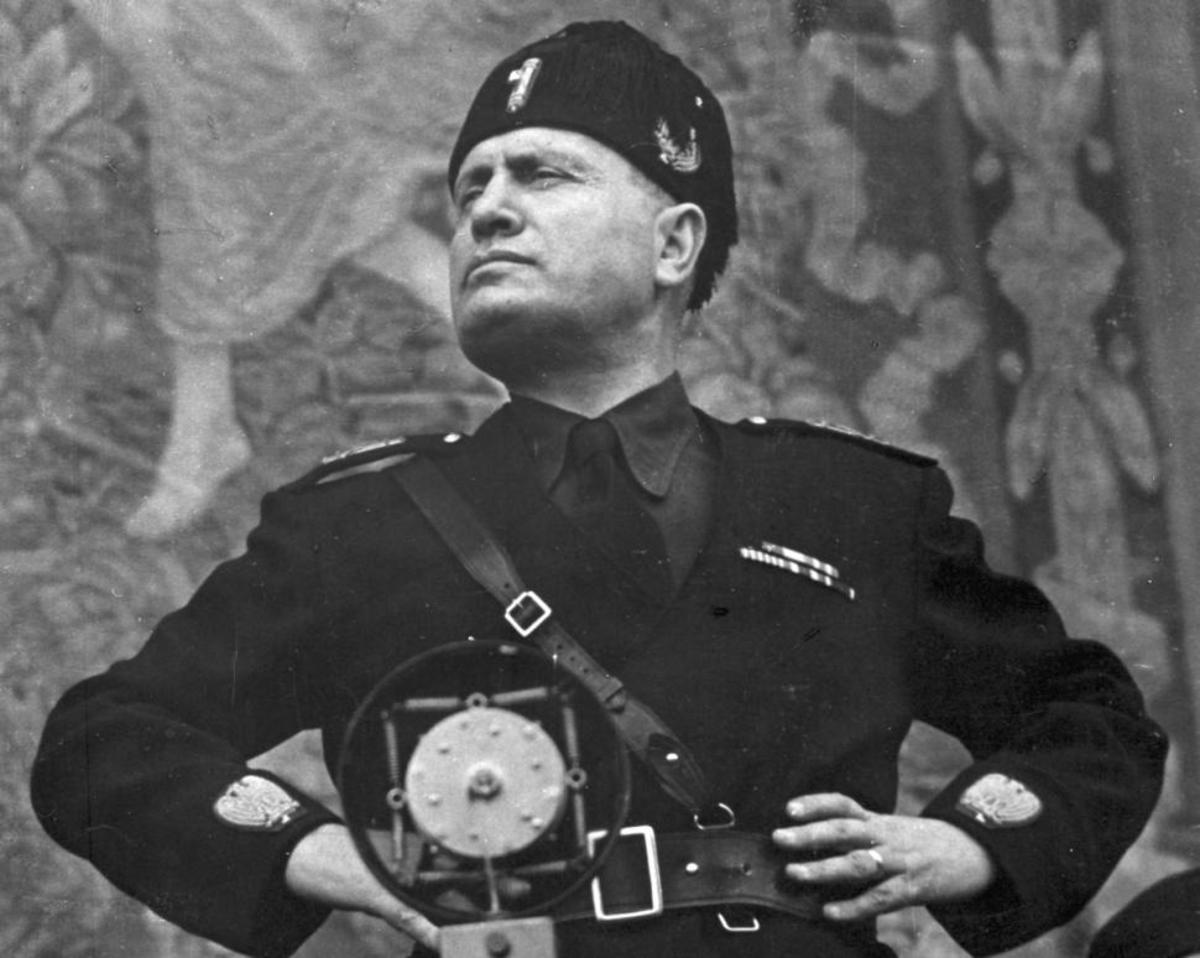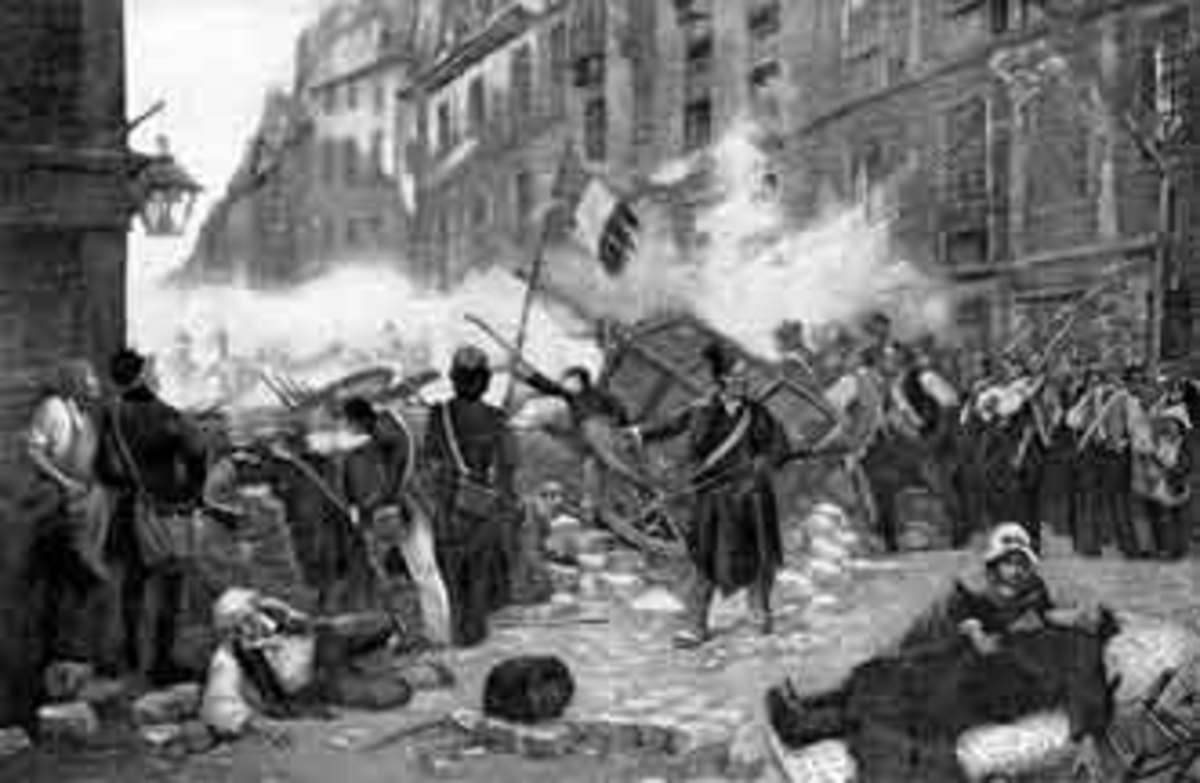The Misleading Allure of Fascism

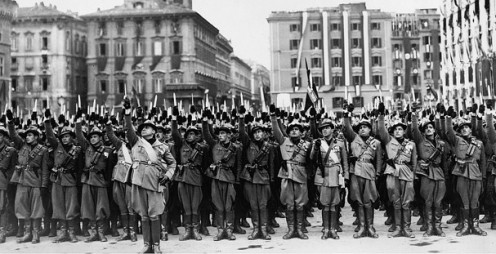
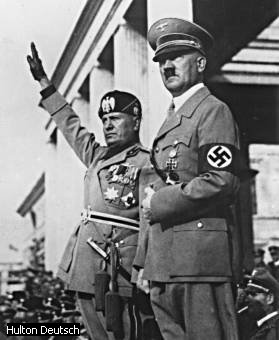
World War I not only ended four major European empires, but also completely changed the social, political, economical, philosophical and cultural landscape of Europe. The long years of war took a great toll on soldiers, societies, economies and nations. The brutality, suffering, uncertainty, fear and changes shook Europe’s foundations to the core. During this time of severe instability, many political groups contended for power, the least of which, if only in the beginning, were the fascists. Led by former socialist Benito Mussolini, fascism transformed from being a small idea to a great political movement exerting great influence on many leaders during the interwar years such as Adolf Hitler and Francisco Franco. However, the doubts still remain: what made fascism distinguishable and attractive to the general public? And how could the people of that era be misled to believe fascists were going to bring peace, order and stability when they preached for the need of a totalitarian society? This essay will do the following to answer the above questions: it will firstly examine the fundamental theoretical insights of Fascism as proposed by Mussolini; it will secondly provide reasons why a respectable person would support this movement at that time; and it will thirdly provide the reasons why this movement brought utter destruction instead of peace and order.
According to Benito Mussolini, the Fascist doctrine espoused the following axioms. Fascism was firstly a spiritual lifestyle. A fascist’s spirituality was serious, austere and religious. Fascism was a highly moral doctrine that disliked a comfortable and hedonistic lifestyle. Fascism expected its followers to be active and objective, while striving against the acquisition of material goods and simple economic prosperity. The pursuit of a better economic station in life by a social revolution was detestable in Mussolini’s eye which is why Fascism was opposed to Socialism. Satisfaction brought by Marxian materialism was diametrically opposed to Fascism’s claim that value and satisfaction lay in a spiritual existence. Mussolini theorized that fascist lifestyle did not bring happiness, joy and peace; rather it was a lifestyle for the mentally sound and physically robust. It was not just a government, but a way of life which governed the emotions, intellect, thoughts and actions. Fascism was secondly about the State. Mussolini theorized that the State is a conception of life. He explained that the State is the conscience and will of the people. According to the Fascist doctrine, nothing existed besides the State. Fascism was totalitarian in nature because all facets of society—that is the people, resources and values—were to be used to sustain the State. Because Mussolini advocated the supremacy of the state and not the people, he was dead against democracy, because democracy was about vox populi. Mussolini theorized that it was the state that created the nation and not the other way around. Mussolini did not want to pamper the citizens of his state like democratic welfare states. The fascist state was a powerful government for which the people labored and toiled. Fascism’s third axiom was a military style government, lifestyle and discipline. Mussolini wrote war alone brought out the best in man. The authority and bureaucratic set of a fascist state authority could be best compared to that of an army. In a fascist state an individual was complimented as a single soldier is reinforced by his battalion. Mussolini claimed that the fascist state was not a police state. Fascism’s fourth axiom, or rather its practical goal, was rise of Italian people after centuries of slavery after Rome collapsed.
A normal, decent, respectable person (much like me) would find Fascism very appealing in the years after WWI especially if I belonged to one of the empires that lost the war. In Germany, Russia, Turkey and Austria-Hungary, the vestiges of the old imperial order were removed by force. New political parties and others mad for power began springing up like mushrooms. The general atmosphere was one of great uncertainty, tension and anger. In the middle of such an anxious atmosphere, Fascism looked appealing firstly and fore mostly because its leaders promised to get things done. The great Economic depression of 1929 hit Europe below the belt. People were losing their jobs, homes and savings. Because stable empires collapsed throughout Europe after WWI, many unstable regimes that formed after them like the Weimar Republic were inefficient and quite frankly, useless to deal with the economic troubles. The politicians were bickering while people were evicted from homes and starving. The parties running the government lacked firm leadership and could not do anything to better the situation. At this dire point in time when everything was crumbling, the leadership, authority and determination the Fascist leaders showed were remarkable. They distinguished themselves from the rest of the crowd because they were organized like the military, where decisions were given and then followed, not debated and made void because of disagreement and personal interests. That whole military style of leadership looked appealing at this time because it could probably end unemployment, homelessness, hunger, unrest and frustration. I am not too eager to join the military, but I surely do not want to see my children starve. Thus Fascism had the way out of the general tension and economic meltdown.
The second reason why Fascists appealed to everyone was because they were patriotic. WWI was a disaster for the nations that lost and the victorious powers took our land away, slapped sanctions and made us sign treaties which crippled us. How could I stand by while others forced my nation on the road to the abyss? The Fascists promised internal reform and to get us back all that we lost in the previous conflict. At the time they were campaigning, Fascists looked alluring because the above mentioned reasons. However, the need of the hour may have eclipsed the public’s understanding so that they were incapable of grasping the true nature of Fascism and its hellish ideas.
The eminent Marxist historian Eric Hobsbawm gives four reasons why Fascist states brought death, destruction and repression instead of the peace, order and stability. Firstly, fascists were dead against any kind of social revolution. This hatred of social revolutions and socialists in particular, naturally brought down repression, purges and suppression because Fascists couldn’t stand any challenge to their authority. Any change had to come from the above and it would be only be for the state to exist and function. Changes were not for the betterment of the people they way they thought or expected; it was a command decision made by the leadership to be implemented without question. Obviously in a time of great tension during the interwar years especially after the Great Depression, people were prone to protest and do everything else they could because of the lack of general law and order. This only encouraged a heavy handed approach from the Fascists who stood true to their authoritarian doctrine. Secondly, Hobsbawm says the Fascists were authoritarian which made them diametrically opposed to liberal democracy and its ideals of tolerance, due process and constitutional rights. It was foolish to expect a light handed approach from those who preached military style authority and existence for the state. Those rights and privileges people enjoyed were benefits of a liberal democracy.
Thirdly, Fascists failed to bring about peace and stability was because they implemented their policies and the state through police organizations and the military. Even if Mussolini says the Fascist state was not a police state, it ended up being one because it relied on coercion from armed bodies of men be it the police or the army. Can one expect gentle treatment from the army? The army is meant for eliminating the enemy and by its very nature uses brute strength. It was foolish to expect the army to run the country with a rosy hand. The fourth reason Hobsbawm provides for the destruction brought by the fascists is because they were nationalist and resented foreign states. Aggressive nationalism is bound to bring conflict and war because as Hitler put it, everyone needs lebensraum or living space. Lands, territories and dominions lost during WWI caused much aggravation for the losers. Nationalism prompted a drive to take it back by force using whatever means necessary. Though Fascism’s military style leadership and nationalism appeared good, the reality was far from it. The leaders preached the axioms of the doctrine they knew people were most likely to agree to and the people blindly believed it. However, the dire straits caused by World War I and the Great Depression was greatly responsible for making people support the fascists they way they did.
Research Source
Hobsbawm, Eric. The Age of Extremes: A History of the World, 1914-1991. New York: Random House Inc, 1994.
Mussolini, Benito. The Doctrine of Fascism. 1932. http://www.historyguide.org/europe/duce.html (accessed September 27, 2010).
Related Links
- Putin's Russia: Facism on the Rise?
Russia is changing rapidly with ex-KGB members in all the senior positions of the government and all led by Prime Minister Putin, whose power is unchallenged by the presidency or the court systems. - Vladimir Lenin's Russian Communist Revolution and the Abolition of Serfdom
Hailing from the commune tradition established by the former Russian tsar, Lenin incorporated centralist state traditions into Marxian Socialism, which from 1918 the Bolshevik party called Communism. - Comparison of Communism and Fascism in Europe
Communism and Fascism are on the opposite ends of the ideological spectrum. The first difference is Fascism espouses a moral philosophy of self sacrifice for the state. Meanwhile Communism advocates a materialist perspective...



